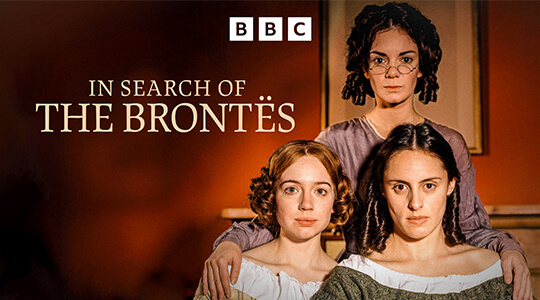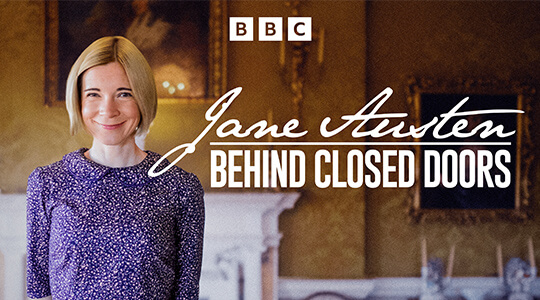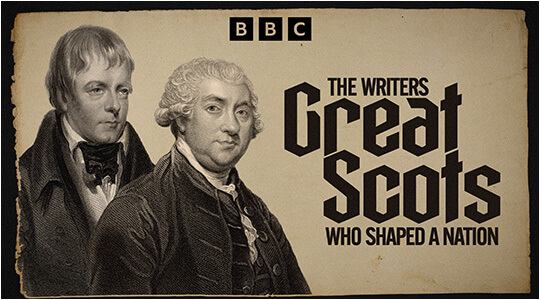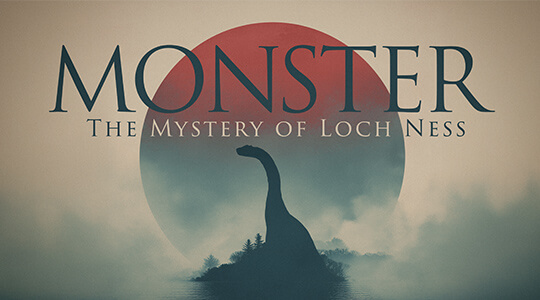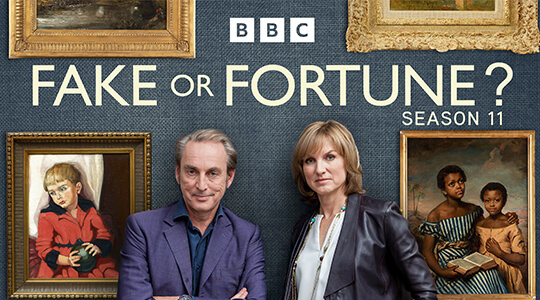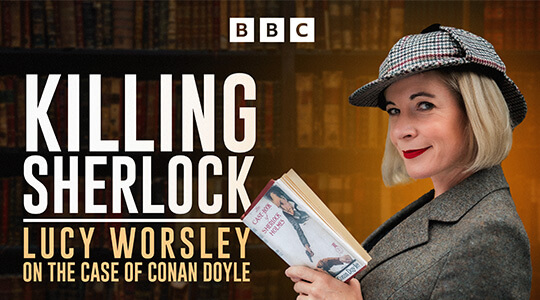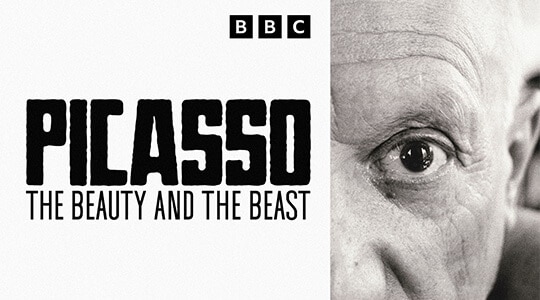Wonderland: Science Fiction in an Atomic Age
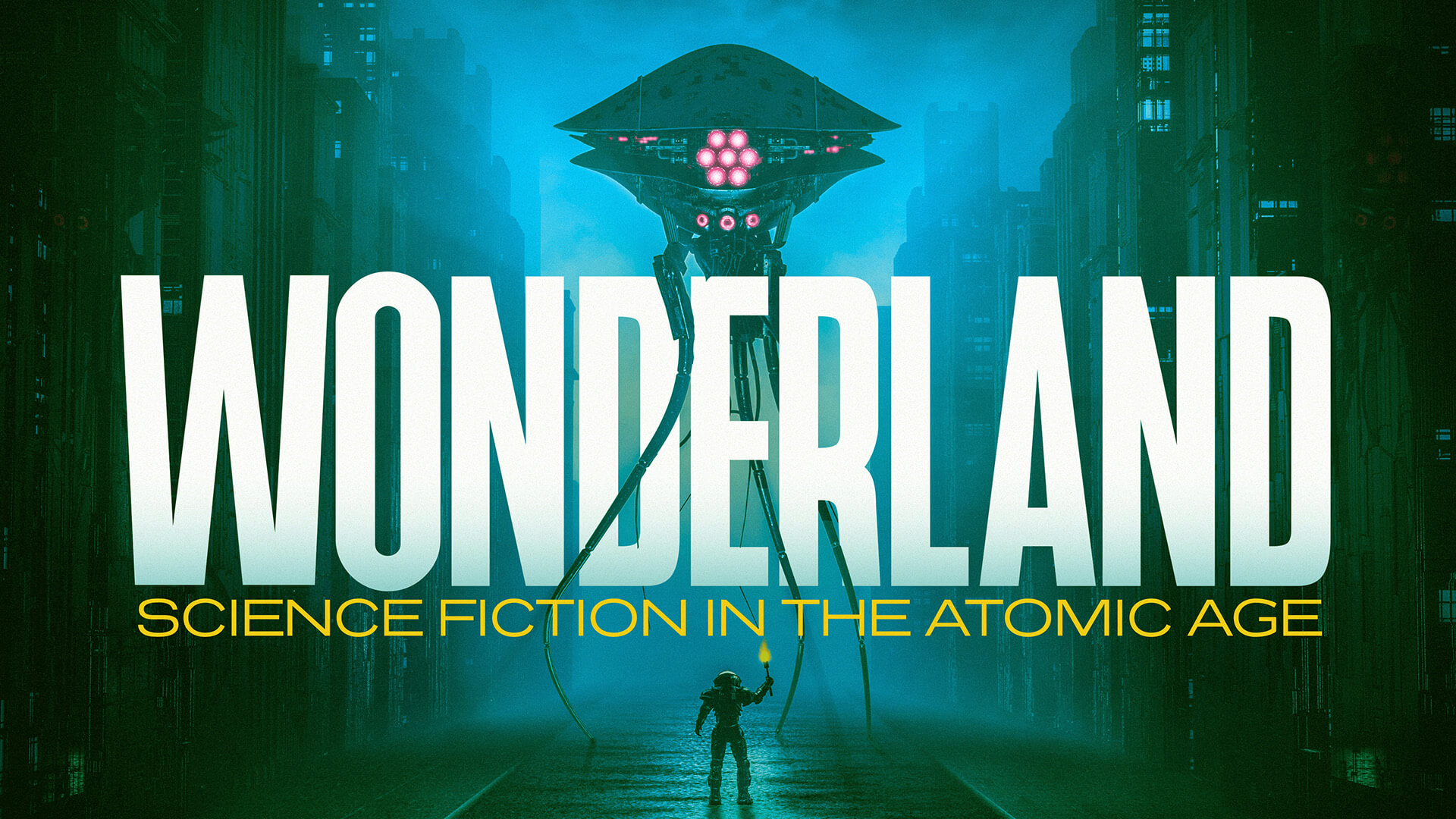
Science fiction has commented on the very best and worst of humanity, but how did it predict so much? From the earliest stories to modern voices, this is the ultimate celebration of science fiction and the events that shaped it. Looking at the work of writers such as H.G. Wells, Ursula le Guin and Arthur C. Clarke, to recent superhero films, the development and influence of the genre is explored.
Watch Wonderland: Science Fiction in an Atomic Age and more acclaimed documentaries on BBC Select today. Restrictions apply*.
Wonderland: Science Fiction in an Atomic Age on BBC Select
Episode 1: Mary Shelley to Isaac Asimov
Early science fiction, including Frankenstein and War of the Worlds, is investigated.
The early classics of science fiction, including Mary Shelley’s Frankenstein and work by More, Swift, Wells and Huxley, established the blueprint for the genre. Though these works incorporated wildly imaginative flights of fancy, they contained a healthy dose of reality and were influenced by the events of the day. Soon the threat of global catastrophe shaped these stories.
Episode 2: Arthur C. Clarke To Ray Bradbury
Exploring how World War II changed literature and added a new dimension to sci-fi.
World War II had a profound impact and influence on culture, especially science fiction. The devastating detonation of atomic bombs on Hiroshima and Nagasaki, a weapon developed by science fiction reading scientists, added an apocalyptic edge to the genre. After the war, American writers dominated, with authors Arthur C Clarke and Ray Bradbury taking fantastical fiction to brave new worlds.
Episode 3: Margaret Atwood To Ted Chiang
Space travel revives exploration and conquest traditions, highlighting new possibilities.
Cold War era space travel revived exploration and conquest traditions in science fiction, investigating new possibilities for human life. Gender norms were challenged, and diverse voices were heard through novels such as Margaret Atwood’s The Handmaid’s Tale and the modern works of Liu Cixin and Ted Chiang. More dystopian and political models predicated a bleak future for society.
Episode 4: Quatermass to Christopher Nolan
As the speed of technological development increases, can science fiction keep up?
As scientific innovation and technology develop at a staggering rate, can modern science fiction keep up? From classic British sci-fi television shows such as Quatermass and Doctor Who to the blockbuster spectacles of Christopher Nolan and Marvel, cyberspace and AI have developed into central themes. The climate crisis has also inspired a new generation of sci-fi writers.






